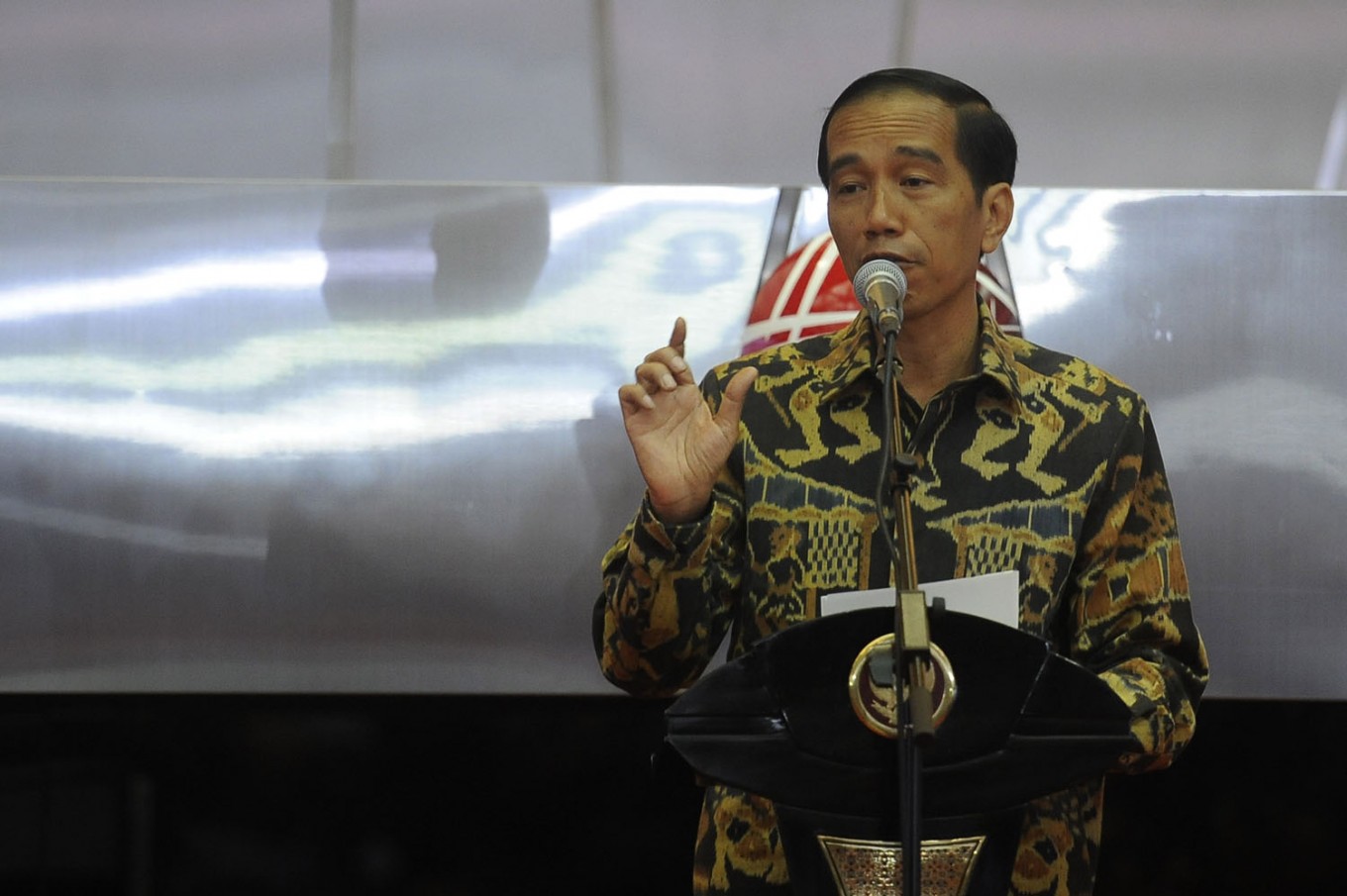Popular Reads
Top Results
Can't find what you're looking for?
View all search resultsPopular Reads
Top Results
Can't find what you're looking for?
View all search resultsIndonesia keeps firm stance on hot money
Change text size
Gift Premium Articles
to Anyone
D
espite the negative effect that hot money had on the economy in 1997 when the country was hit by an economic crisis , the government has yet to craft a policy on curbing the free flow of short-term portfolio-based foreign investment.
Hot money usually occurs in the "carry trade" phenomenon, whereby investors borrow a large sum of money from countries that have a low interest rate and invest it in countries that offer high yields in a bid to make a short-term profit.
With the current negative yield in developed markets such as Europe, or Japan with a negative yield, hot money often flows into high-yield countries such as Indonesia and India, said Financial Services Authority (OJK) chairman Muliaman D. Hadad.
"Currently, there are no specific policies to handle hot money. The flow [of hot money] is on and off in Indonesia. On the other hand, we need the inflow too," he told thejakartapost.com in Jakarta on Tuesday.
A capital retaining regulation that obliged investors to hold onto the money for a particular period of time after selling their portfolio was unnecessary, Muliaman said. "What is needed the most is making them convert their short-term investment in the market portfolio to a long-term one in the real sector, such as in infrastructure," he said.
Finance Minister Bambang Brodjonegoro also said that no special policy was needed to regulate hot money. "Hot money will always exist. It is more important to strengthen our fiscal condition so that hot money turns into cold money," he said
The rupiah was closer to its psychological level of 13,000 in the spot market on Thursday, closing 103 points stronger against the US dollar at Rp 13,054. Meanwhile, the Jakarta Composite Index (JCI) left its psychological level of 4,800, dropping 0.4 percent (17.8 points) to 4,793.2.
Earlier, Bank Indonesia announced that foreign exchange (forex) reserves stood at $104.5 billion, a 2.3 percent month-on-month increase. The amount stood above the international adequacy standards or was equal to three months' worth of imports, enough to finance 7.3 months of imports and government foreign debt repayments. (ags)










